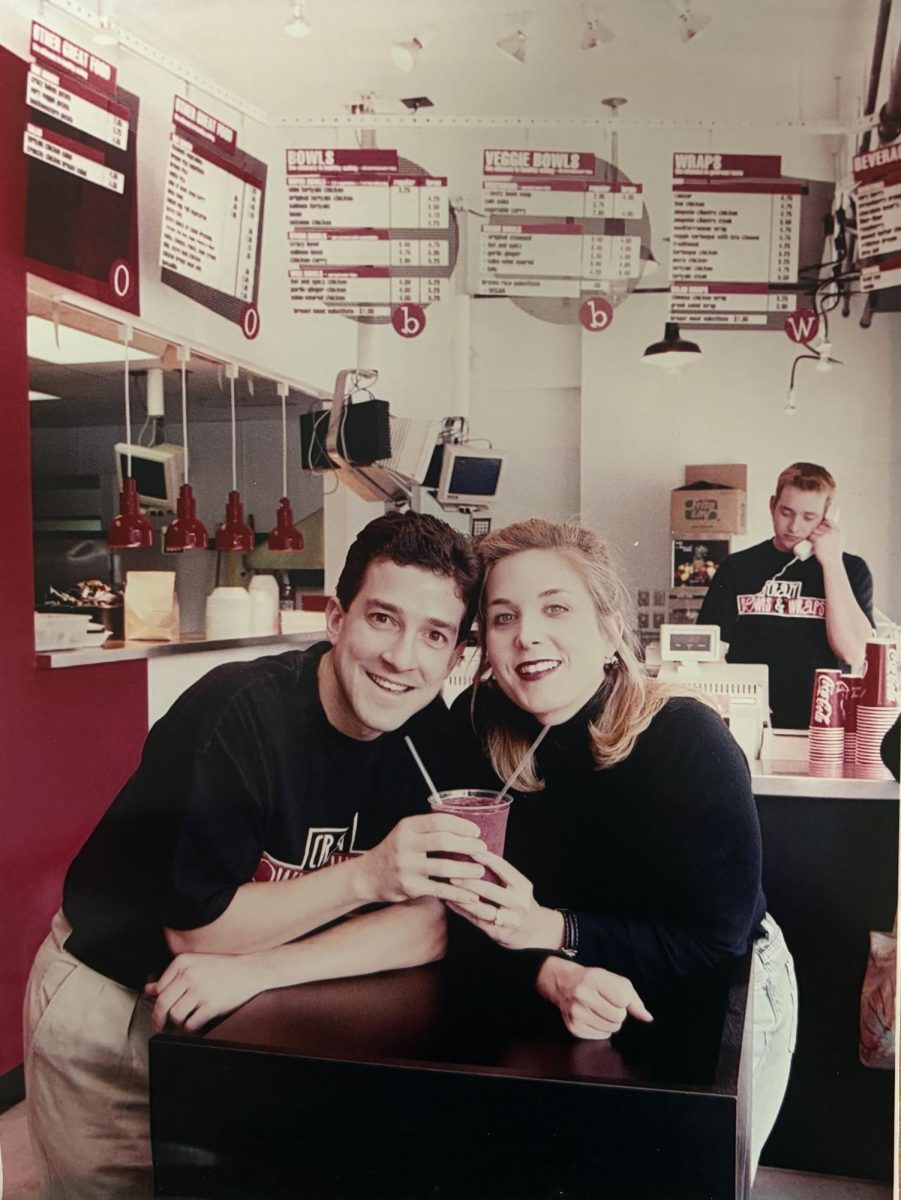Be hungry for nutrition, not junk
Oreos, Doritos, Sprite and Coke are all examples of junk food in America. Though junk food is not always bad, overconsumption of these products could lead to many health issues.
November 23, 2021
“I’m thankful for the food on my plate.” A line that is common in the average Thanksgiving celebration, this gratitude carries with it hidden significance, like the stuffing in a large, roasted turkey.
As food in the United States is mostly processed, you can never really be sure what it is you are eating. How much of this meal that unifies families and celebrates aspects of life is truly something to be thankful for?
Though Thanksgiving meals are not necessarily the types of food I reference, I have the argument that the American markets are designed to be detrimental to the average civilian, and are still not being properly addressed.
In the United States, being healthy is a commitment. The number of people who make properly cooked meals are fortunate enough to have the time and have to have an excessive amount of self-control in order to remain their healthy selves. Doesn’t seem too difficult, does it? But the way stores and production companies lure consumers to their products using design and display is comparable to the tempting Sirens in Greek Mythology. In this case, however, the average American doesn’t have beeswax.
If products weren’t tempting enough already, they also are mass-produced for cheap prices to accommodate the consumerist society we live in. I mean $4 for a dinner is an absolute steal for any debted individual, and cheapskates couldn’t be more thrilled to save a few bucks. I mean, who cares about health if you have extra change in your pocket, right?
It’s extremely important to address, however, that healthy foods are always more expensive. While some people who eat fast food can afford to consume healthier products, there are also many individuals who would feel the need to save as much as necessary in order to survive. Still, fast food doesn’t have to be the only option, as it is for many Americans.
According to Abecs, “many Americans eat a lot of fast food. It was determined that one in four of them consume fast food daily.”
That’s 82,375,000 people. 82.4 million. And, if it weren’t obvious enough, that number is far higher than it should be.
Comparably to the United Kingdom, the United States has far more fast food consumption. “In 2019-2020, when asked how often [U.K residents] eat out at fast-food restaurants, 16% of 18-24-year-old respondents said at least once a week, compared to just 4% of 65 and over,” according to a survey conducted by Kitchen Stories.
16%, in this case, is only applicable to a small number of young people who eat at least once a week, compared to the estimated one out of four that eat out daily here. Putting that into perspective, there are over four times as many people who eat fast food in the United States, a realization that questions if the Founding Fathers should’ve asked Great Britain for a better diet plan along with liberty.
In reference to other countries, there is also a stereotype of the United States that we, unfortunately, live up to; hamburgers.
Every country has some random stereotype associated with them; Germans love beer a little too much, Canadians only care about hockey and Russians are strong, overpowering individuals. Still, when my foreign cousins come to America only to be surprised that there aren’t more obese people, it’s hard not to acknowledge our reputation around the world.
At the end of the day, food is food. At least, that’s the mindset I’ve seen here in the United States. My parents, for example, honor mealtime and are annoyed when I don’t do the same. They believe eating food, especially at dinner time is something you do with only food on your mind. I’ve spent many nights doing homework first and eating second, something I’ve realized is not healthy and demonstrates how, though we’re busy, meals aren’t being prioritized as they should.
Something I’ve noticed as I grow up is how quickly we want to finish our food– it’s become more about filling our stomachs instead of what we fill our stomachs with. When I was young, I had a friend who used to have mac and cheese every day for nearly every meal because her mom was too busy to make her food and she loved it either way. I was always jealous because my mom would make-at-home meals that had far too many vegetables with not nearly enough synthetic cheese. Now I realize how lucky I was to have a mother who forced me to want to be nutritional, something that I don’t see as often in many of my friends.
It’s easier to be unhealthy, so I understand why so many people here do it, but there needs to be an acknowledgment of how important it is to make good choices for your meals. It may take up a couple of extra minutes and cost a few extra dollars, but being healthy will also help you reduce a lot of physical challenges that will in the long run cost you more time and money. It also feels good to eat healthy, compared to eating junk food that makes you feel uncomfortably full.
Though Thanksgiving is a time where we get together with our families and share a delicious meal, make sure that you know exactly what you are thankful for and how the food you are eating is impacting you. Along with that, do not forget to mention how thankful you are for your health and its importance in your life.




































